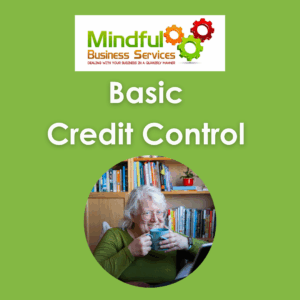What do we mean by unfair business?

So – for the purpose of this blog post we’ll presume that an unfair business is one that gives undue privilege or favour, or denies equality to a group based on a set of principles or values. This could be as simple as ‘make as much money as I can‘ which sounds o.k., until you realise there aren’t guidelines about how that money can be made, or how others are treated…
What does unfair business have to do with Trustees?
Most Quaker Area Meetings, although charities, also use their assets to raise money. Renting out flats and buildings, or they run a room hire business using meeting house space. I’m not going to talk about longer-term rentals and leases (although I’d hope they’d be fair and equitable arrangements) but instead focus on room hire.
Ensuring that the way the charity interacts with groups and individuals using our building is a great way to show Quaker testimonies in practice. Often the Terms and Conditions of Use will include a phrase, ‘contrary to Quaker Values‘ or ‘Quaker Principles‘. Which gives you a good reason to explain what those are!
It can also act as education for new attendees or members. Perhaps they haven’t thought about a practical application of the equality testimony being charging everyone the same rate, or ensuring that any discounts are transparent and applicable to all.
That doesn’t mean that you can’t give priority to Quaker groups or bookings. It does mean you should state that Quaker groups are given xxx discount or priority in bookings.
Discounts should be commercial based, ‘all yearly bookings qualify or xx% discount‘ or discerned and minuted in a Meeting for Worship for Business, ‘the meeting agrees to host the xxx or to give a discount of xx% to the organisation‘.
Do remember the Charity Commission’s guidelines on the correct application of charitable funds. You can download the BYM guidance here.
What do we mean by a fair business?
- The process that decisions are made
- The outcome of those decisions
- The frame of mind in which decisions are made
A quakerly business
There are resources to help you run a Quakerly business.
Tony Stoller explored this issue in his 2001 Swarthmore Lecture ‘Wrestling with the Angel‘. Where he said that
From his own experience he argues that, just as for Jacob confronting the Angel, this engagement is not without personal risk, and involved challenges for Quaker corporate work. His first-hand knowledge of the workings of commercial organizations, the media and public regulatory bodies encourages him to assert that engagement in these fields is worthwhile witness for the individual and a proper obligation for our Society.
Although that was eleven years before Vin & I started MBS, we were running our previous business and being joint wardens asked to increase income from room hire. The lecture and book influenced how we talked about our business procedures and processes with others.
From this lecture grew Quakers & Business which is a Quaker Recognised Group that works to champion better values in business and the workplace, based on Quaker principles.
You can read their publication, Good Business: Ethics at Work for free on their site in several languages. This includes a set of Advices & Queries focused on running a business which you may want to read and share.
Being a Fair Employer
At last month’s Meeting House Matters Zoom meeting, a new resource from the Lancashire Central & North Area Meeting was shared.
This grew out of a concern ‘about whether, or how, Quaker organisations, of all types and sizes integrate the spiritual insights of our tradition into our practice as employers.’
There is a wealth of both advice and queries which they
‘hope will be used as prompts for reflection & discussion by all those who seek to incorporate Quaker testimony into their employment practice’
You can download a copy of their document here.

Wendrie Heywood
MBS Founder








